
Many psychiatrists have patients who they know would do better if their adherence to treatment could be optimized. Here's a case in point.

Many psychiatrists have patients who they know would do better if their adherence to treatment could be optimized. Here's a case in point.

The authors outline a series of strategies that can help promote adherence to the therapeutic regimen.

It is vital that psychiatrists are able to identify and characterize cannabis use disorders; provide education; and offer effective, evidence-based treatments. This article provides a brief overview of each of these topics.

This article summarizes data on e-cigarettes, provides recommendations and resources to learn more, and emphasizes the evidence for treating tobacco (traditional cigarettes) addiction in people with mental illness.

This article reviews current literature on insomnia and alcohol use disorders and highlights assessment and treatment of sleep disorders in patients with comorbid alcohol abuse.
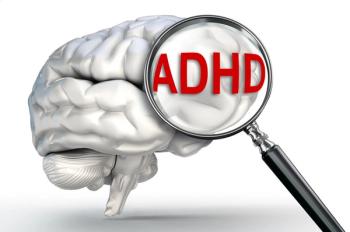
Because comorbid substance abuse is the rule rather than the exception in individuals with ADHD, accurate diagnosis, prognosis, and management of ADHD is challenging even for the most skilled practitioners.
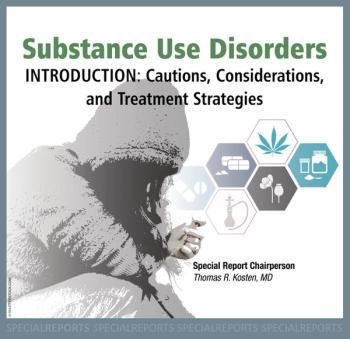
A clinical collection on addiction treatment, ADHD and SUDs, important drug indications, vaping, cannabis use, benzodiazepines, the perils of self-medicating and other topics relevant to practicing psychiatrists.

This article explores how motivational pharmacotherapy and motivational enhancement therapy can galvanize depressed patients to get well.

Successful culturally adapted interventions to improve adherence among Latino patients with depression and schizophrenia confirm how important it is to understand a patient’s entire sociocultural environment.

Appropriate use of benzodiazepines in patients with a substance use disorder is an important skill. Here are some important considerations.

The authors present a clinically focused introduction to treatment principles for adolescent substance abuse disorders and reviews evidence-based approaches.

The Chair of a Special Report on substance abuse disorders describes the highlights of 6 articles in the series.
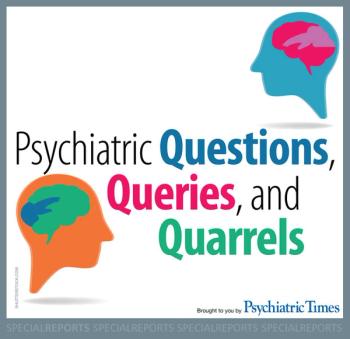
In psychiatry, hot debates abound if you just look around-and if this Special Report collection is any indication, the result is a balance of opinion and civility made richer by virtue of opposing views.

An overview of the DSM diagnostic system, the medicalization of normal variants of human behavior, and physician-assisted suicide.
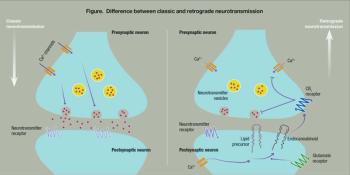
Here's why psychiatrists and other mental health professionals need to understand the relationship between cannabis and mental disorders.
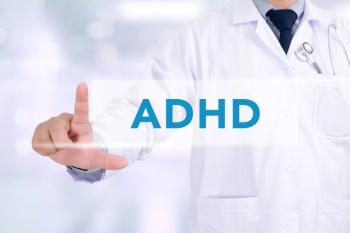
This article speaks to the care with which ADHD must be diagnosed and managed to reduce the significant negative impact of the disorder on the individual, family, and society.

Physician-assisted suicide is now legal in several states. But none of the state statues mandates a mental health evaluation by a psychiatrist or psychologist before the writing of a lethal prescription by an attending physician.
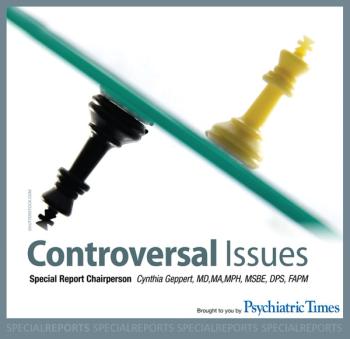
Strong evidence supports sound arguments on each side of 3 debates covered here-so get in there and fight nice.

This special report on controversies in psychiatry examines the pros and cons of assisted outpatient treatment and also antidepressant use in pregnancy.
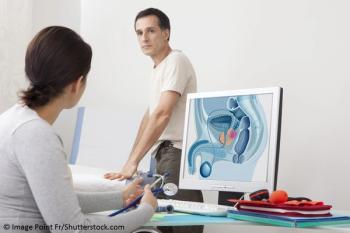
Here: common misconceptions about assisted outpatient treatment--and how this tool can help selected mentally ill patients who are most difficult to treat.

The authors examine legal and ethical challenges for the psychiatrist when a defendant who is incompetent to stand trial declines to take prescribed psychotropic medication.

This article summarizes the risks of untreated psychiatric illness during pregnancy as well as the risks and benefits of antidepressant use.
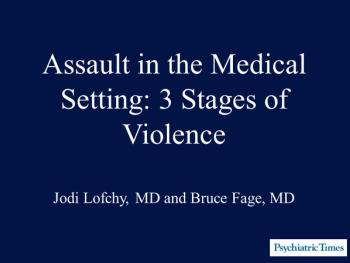
When clinicians work without ready access to a security team or environmental safety protocols, early recognition is crucial to preventing or avoiding those rare occasions when behavior problems escalate.
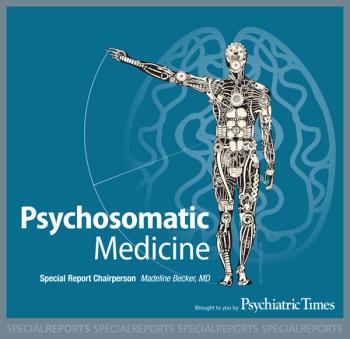
An update on emerging trends in psychosomatic medicine to help clinicians address mental health stressors in psychiatric and medical settings.
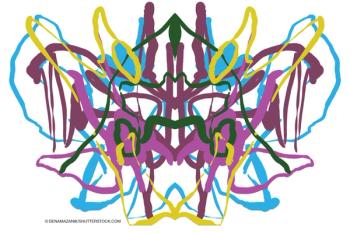
The authors shed light on a disorder that is difficult to diagnose and manage, and offer insights on how to develop an appropriate treatment plan.

Renewed interest and emerging systematic data have highlighted the frequency and pattern of catatonic presentations in psychiatric and medical settings, including in critical illness.

Psychiatrists need to understand the patient’s cancer diagnosis, staging, treatments and their adverse effects, and prognosis to appreciate the challenges the patient is coping with throughout treatment as well as survivorship or end-of-life.

Strategies to reduce aggression in psychiatric treatment settings.

Here's an overview of motivation for assaults by chronically aggressive inpatients and steps to de-escalate.

The authors review the association between depression and violence, and the role that anger and emotional dysregulation play.